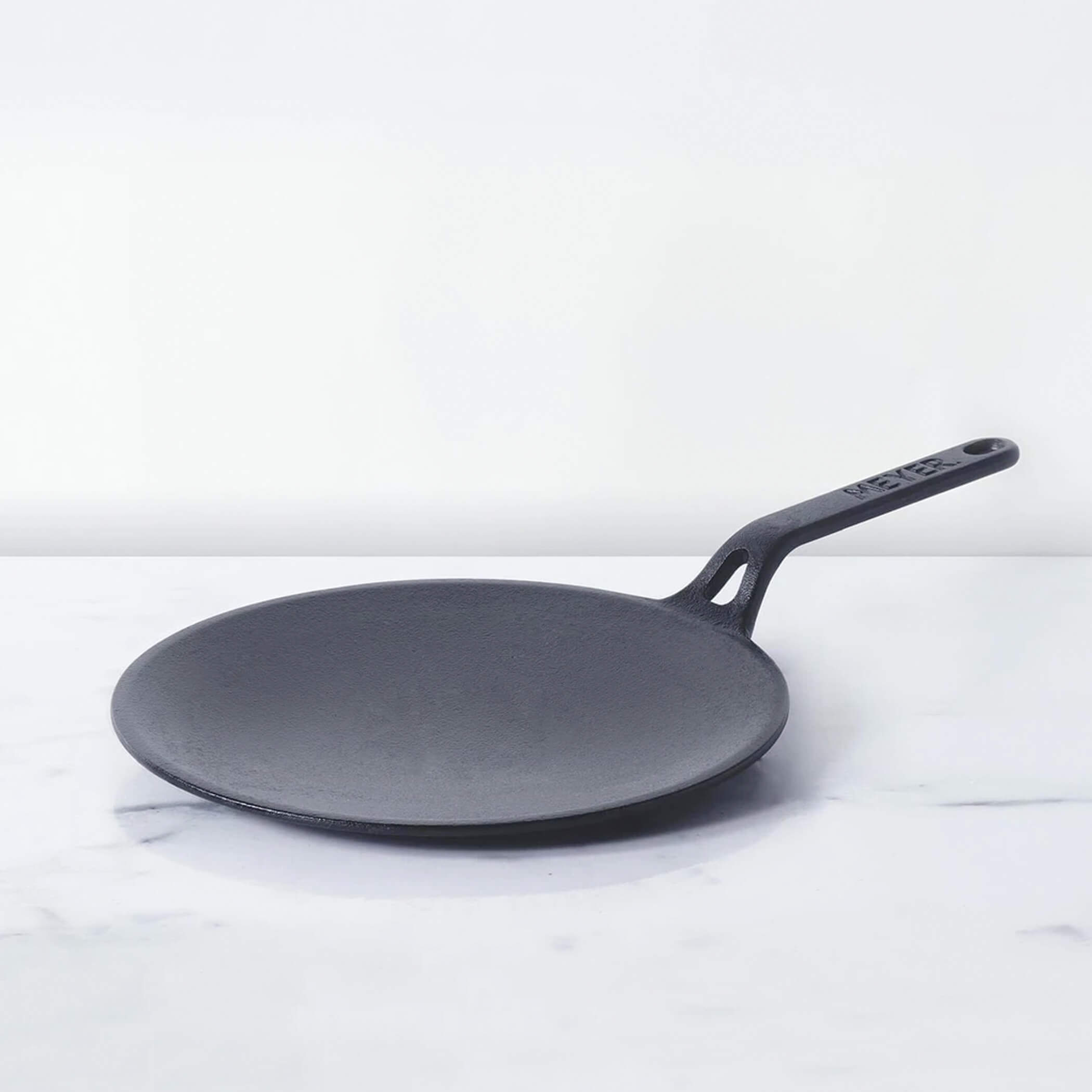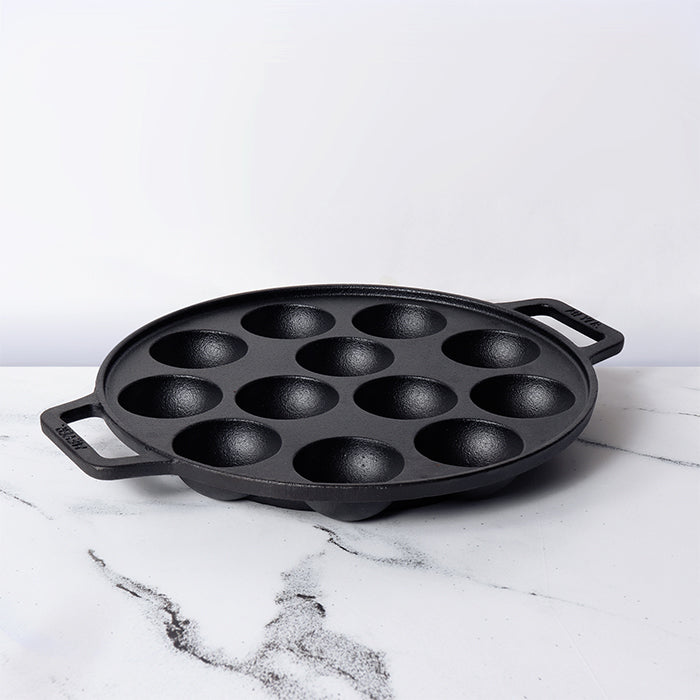Magnesium-rich dinners are instrumental in supporting relaxation and enhancing sleep quality. Magnesium plays a vital role in various physiological processes, including muscle relaxation and neurotransmitter regulation. Adequate magnesium levels help calm the nervous system, reducing feelings of stress and anxiety. By promoting the release of gamma-aminobutyric acid (GABA), a neurotransmitter that induces relaxation, magnesium fosters a state of tranquility conducive to sleep. Additionally, magnesium is involved in the synthesis of melatonin, the hormone that regulates the sleep-wake cycle. Therefore, consuming dinners rich in magnesium, such as salmon with quinoa and spinach salad or chickpea and spinach curry, can help promote relaxation and improve sleep onset and duration. Prioritizing magnesium-rich dinners supports a bedtime routine that nurtures relaxation and contributes to overall well-being.
Table of Contents
Understanding the Importance of Magnesium:
Magnesium is an essential mineral that plays a crucial role in over 300 enzymatic reactions in the body, including energy metabolism, muscle and nerve function, and protein synthesis. One of its most notable roles is its involvement in regulating the body's stress response and promoting relaxation. Additionally, magnesium helps regulate neurotransmitters that influence sleep and may contribute to improved sleep quality.
Choosing Magnesium-Rich Foods:
Incorporating magnesium-rich foods into your dinner can help ensure you get an adequate intake of this important mineral. Some excellent sources of magnesium include leafy green vegetables (such as spinach, kale, and Swiss chard), nuts and seeds (like almonds, cashews, and pumpkin seeds), legumes (such as black beans, chickpeas, and lentils), whole grains (like quinoa, brown rice, and oats), fatty fish (such as salmon and mackerel), and dark chocolate.
Does Magnesium-Rich Dinners Support in Relaxation and Sleep?
Yes, magnesium-rich dinners can indeed support relaxation and improve sleep quality. Magnesium plays a crucial role in several physiological processes that contribute to relaxation and sleep, making it an important mineral to include in your evening meals. Here's how magnesium-rich dinners support relaxation and sleep:
- Muscle Relaxation: Magnesium helps regulate muscle contraction and relaxation. Adequate magnesium levels can help reduce muscle tension and promote relaxation, making it easier to unwind and prepare for sleep.
- Stress Reduction: Magnesium is involved in regulating the body's stress response by modulating the activity of the hypothalamic-pituitary-adrenal (HPA) axis and reducing the release of stress hormones like cortisol. Lowering stress levels can help calm the mind and promote a sense of relaxation conducive to sleep.
- Neurotransmitter Regulation: Magnesium plays a role in regulating neurotransmitters involved in sleep, including gamma-aminobutyric acid (GABA), which has calming effects on the brain. By enhancing GABA activity, magnesium can help quiet the mind and promote feelings of relaxation and tranquility.
- Melatonin Production: Magnesium is involved in the synthesis and release of melatonin, the hormone that regulates the sleep-wake cycle. Adequate magnesium levels can help support healthy melatonin production, leading to improved sleep onset and duration.
- Nervous System Function: Magnesium is essential for maintaining optimal function of the central nervous system, including the brain. By supporting neurotransmission and nerve function, magnesium can help promote a state of calmness and readiness for sleep.
Crafting Magnesium-Rich Dinner Ideas:
- Salmon and Quinoa Salad: Grill or bake salmon fillets and serve them alongside a quinoa salad made with mixed greens, diced vegetables (such as bell peppers, cucumbers, and cherry tomatoes), and cooked quinoa. Top with a sprinkle of pumpkin seeds and a drizzle of lemon vinaigrette for a nutritious and magnesium-rich dinner option.
- Stir-Fried Tofu and Vegetable Bowl: Sauté tofu cubes with an assortment of colorful vegetables (such as bell peppers, broccoli, and snap peas) in a skillet with garlic and ginger. Serve over cooked brown rice or whole grain noodles for a satisfying and magnesium-packed meal.
- Chickpea and Spinach Curry: Simmer chickpeas in a flavorful tomato-based curry sauce with onions, garlic, ginger, and spices (such as turmeric, cumin, and coriander). Add fresh spinach leaves during the last few minutes of cooking and serve over cooked basmati rice for a delicious and magnesium-rich dinner option.
- Mushroom and Kale Frittata: Sauté sliced mushrooms and chopped kale in a skillet until tender. Pour beaten eggs seasoned with salt, pepper, and herbs over the vegetables and cook until the eggs are set. Serve slices of the frittata with a side salad for a quick and magnesium-rich dinner option.
Magnesium-Rich Dinner recipes
- Grilled Salmon with Quinoa and Spinach Salad:
Ingredients:
- 2 salmon fillets
- 1 cup cooked quinoa
- 2 cups fresh spinach leaves
- 1/2 cup cherry tomatoes, halved
- 1/4 cup sliced almonds
- 1/4 cup crumbled feta cheese (optional)
- For the dressing: 2 tablespoons olive oil, 1 tablespoon lemon juice, 1 teaspoon honey, salt, and pepper to taste
Instructions:
- Preheat the grill to medium-high heat. Season salmon fillets with salt, pepper, and a drizzle of olive oil. Grill for 4-5 minutes per side, or until cooked through.
- In a large bowl, combine cooked quinoa, spinach leaves, cherry tomatoes, sliced almonds, and crumbled feta cheese (if using).
- In a small bowl, whisk together olive oil, lemon juice, honey, salt, and pepper to make the dressing.
- Pour the dressing over the salad and toss to coat evenly.
- Serve grilled salmon fillets alongside the quinoa and spinach salad.
- Enjoy your magnesium-rich dinner!
-
Tofu Stir-Fry with Vegetables:
Ingredients:
- 1 block firm tofu, pressed and cubed
- 2 cups mixed vegetables (such as bell peppers, broccoli, carrots, and snap peas), sliced
- 2 cloves garlic, minced
- 1 tablespoon grated ginger
- 2 tablespoons soy sauce
- 1 tablespoon sesame oil
- Cooked brown rice or quinoa, for serving
Instructions:
- Heat sesame oil in a large skillet or wok over medium heat. Add minced garlic and grated ginger and cook until fragrant.
- Add cubed tofu to the skillet and cook until lightly browned on all sides.
- Add mixed vegetables to the skillet and stir-fry until tender-crisp.
- Stir in soy sauce and cook for an additional 1-2 minutes.
- Serve tofu and vegetable stir-fry over cooked brown rice or quinoa.
- Enjoy this delicious and magnesium-rich dinner!
- Chickpea and Spinach Curry:
Ingredients:
- 1 can chickpeas, drained and rinsed
- 2 cups fresh spinach leaves
- 1 onion, diced
- 2 cloves garlic, minced
- 1 tablespoon grated ginger
- 1 can diced tomatoes
- 1 can coconut milk
- 2 teaspoons curry powder
- 1 teaspoon ground cumin
- Cooked brown rice or quinoa, for serving
Instructions:
- Heat olive oil in a large skillet over medium heat. Add diced onion, minced garlic, and grated ginger and cook until softened.
- Add chickpeas, diced tomatoes, coconut milk, curry powder, and ground cumin to the skillet. Stir to combine.
- Simmer the curry for 10-15 minutes, or until thickened slightly.
- Stir in fresh spinach leaves and cook until wilted.
- Serve chickpea and spinach curry over cooked brown rice or quinoa.
- Enjoy this flavorful and magnesium-rich dinner!
Enhancing Magnesium Absorption:
To maximize magnesium absorption, pair magnesium-rich foods with sources of vitamin C, such as citrus fruits, berries, and bell peppers. Vitamin C helps enhance the absorption of magnesium from the diet. Additionally, avoiding excessive intake of caffeine and alcohol, which can interfere with magnesium absorption, can further support magnesium levels in the body.
Conclusion:
Magnesium-rich dinners offer a delicious and nutritious way to support relaxation and improve sleep quality. By incorporating a variety of magnesium-rich foods into your dinner meals, you can ensure you get an adequate intake of this important mineral while enjoying flavorful and satisfying dishes. With options like salmon and quinoa salad, tofu and vegetable stir-fry, chickpea curry, and mushroom frittata, there are plenty of delicious and magnesium-rich dinner ideas to explore. Prioritizing magnesium-rich dinners can contribute to overall well-being and support a restful night's sleep.











Leave a comment